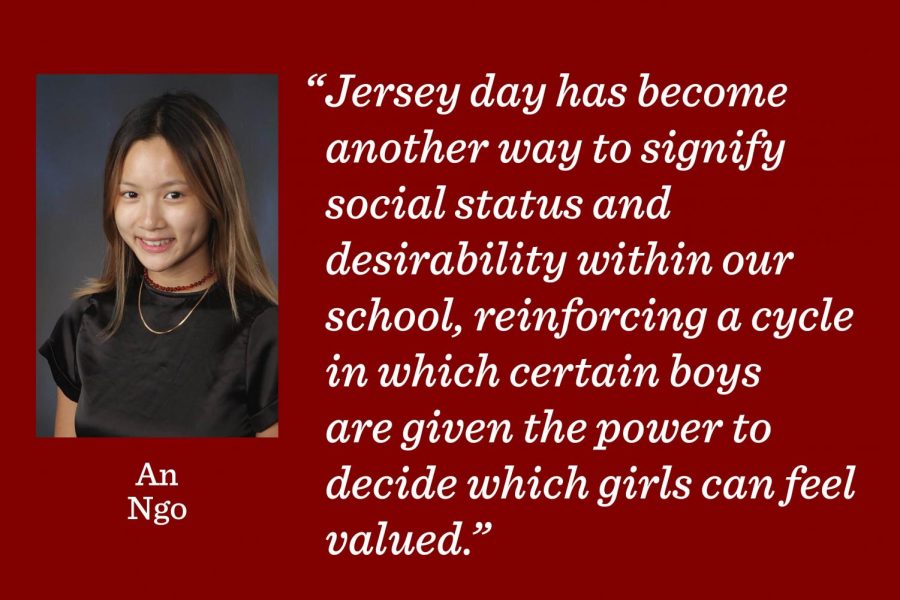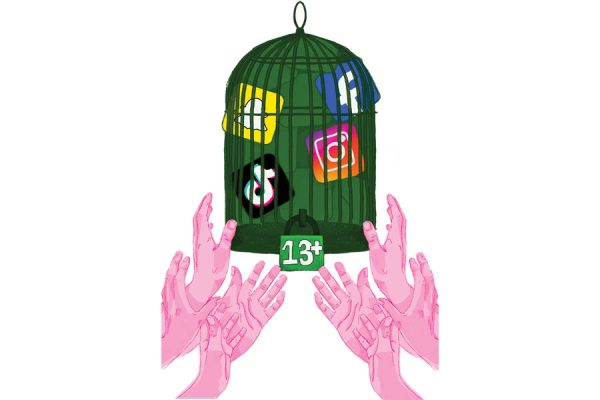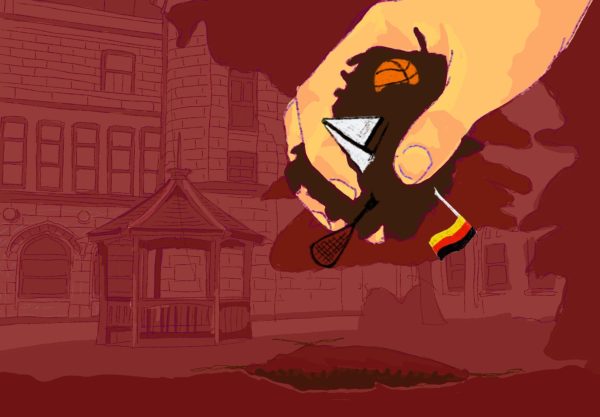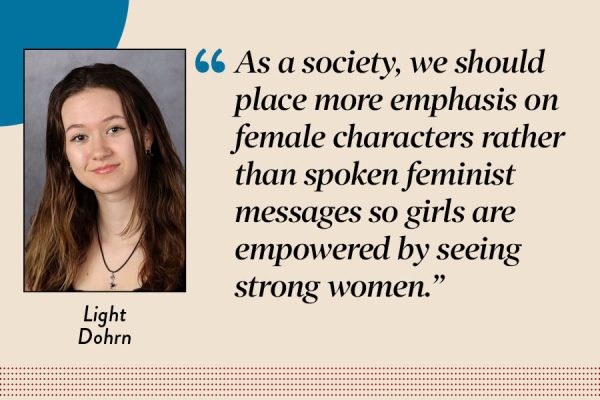Let’s rethink jersey day
Midway Staff
Traditions like jersey day should never be used to decide who is and isn’t valuable in our community, writes City Life Editor An Ngo.
October 28, 2021
Every year, on jersey day you can walk out onto Kenwood Mall and see students dressed in jerseys posing together taking pictures for their Instagrams. Each athletic team has its own jersey day — usually during a week of significance, such as homecoming week or Dig Pink — where they give other students their jerseys to wear for a day. While athletes can give their jerseys to anyone they choose, the gesture is often seen as a romantic one.
While not inherently harmful, jersey day has become another way to signify social status and desirability within our school, reinforcing a cycle in which certain boys are given the power to decide which girls can feel valued.
One of my friends told me that when she wore a soccer player’s jersey, another girl approached her and said, “You’re so lucky. I wish I was you.” This theme runs through certain friend groups where jerseys have become something to envy as an indication of attractiveness.
Jersey day can simply be a fun tradition for athletes and their friends. But the tradition had become a public display of athlete’s relationships and social status, with those off of the team associating their own worth with whether or not they receive a jersey.
Making jersey day a fun, inclusive tradition will require cooperation from both athletic teams and the rest of the community. The student body should stop making assumptions about the relationship statuses between athletes and those they give their jerseys to. Removing meaning from the jerseys will help athletes to feel freer to give their jerseys to anyone they want and for jersey day to be a positive part of U-High tradition.





















Eliza • Nov 17, 2022 at 11:13 am
Wearing a football player’s jersey can be a good thing if you’re friends with the football player that’s giving you his jersey. My friend Jordi was gonna let me wear his white away game jersey for the Homecoming game back in October because he had asked me on September 21st in Bakery and Pastry Arts when we were talking about it,”Would you mind wearing my jersey?” I of course said,”Yes.”
Me • Oct 28, 2021 at 10:36 pm
Keep Jersey Day, but instead of giving it to another student….give it to a teacher who matters specifically to you! Great way to keep tradition, show appreciation, and not make it about social standing between classmates.